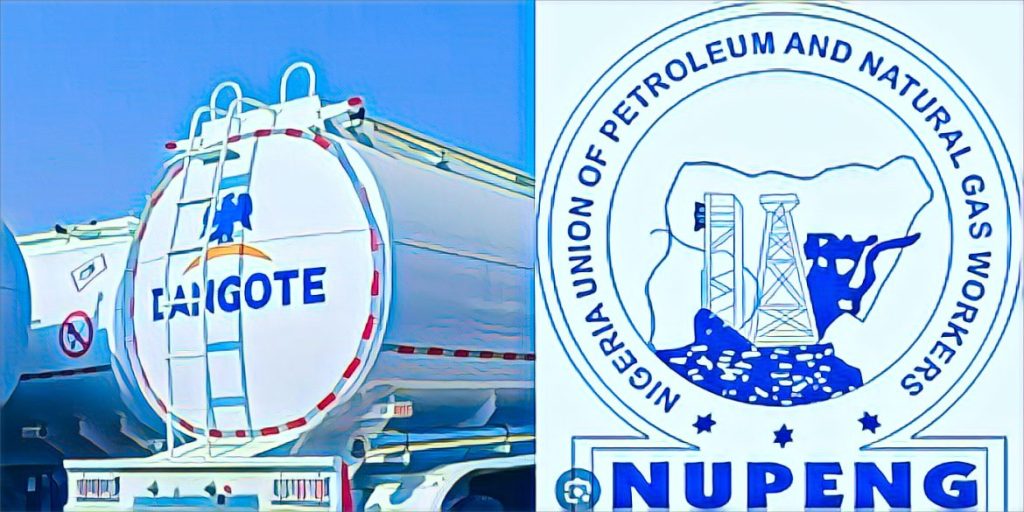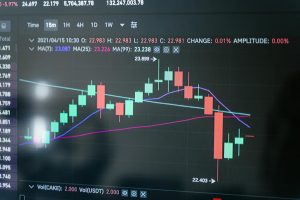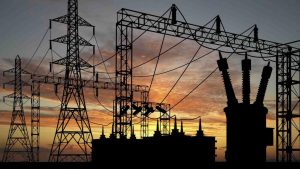NUPENG Strike Persists After Talks with Government and Dangote Stall
Despite hours of negotiation, no memorandum of understanding (MoU) was agreed upon, and the meeting ended without resolution. Sources said that disputes over “offensive clauses” proposed by Dangote representatives triggered two walkouts by NUPENG negotiators.

NUPENG had shut down fuel-loading operations at depots nationwide as a response to what it decried as anti-union policies and restrictions imposed by the Dangote Group.
On Monday, representatives from NUPENG, the Nigeria Labour Congress (NLC), and the Trade Union Congress (TUC) convened behind closed doors with government officials led by Labour Minister Muhammad Dingyadi and his Minister of State, Nkiruka Onyejeocha. Also present were officials from the Nigerian Midstream and Downstream Petroleum Regulatory Authority (NMDPRA) and members of the Dangote delegation. The objective: to resolve a deadlock over the refinery’s refusal to allow tanker drivers to join labour unions.
Despite hours of negotiation, no memorandum of understanding (MoU) was agreed upon, and the meeting ended without resolution. Sources said that disputes over “offensive clauses” proposed by Dangote representatives triggered two walkouts by NUPENG negotiators.
With the stalemate, NUPENG moved ahead with shutting down fuel-loading operations across depots nationwide, raising the spectre of fuel scarcity. Major depots in Lagos and across states in the south and north were reportedly closed as the strike took hold.
The Petroleum and Natural Gas Senior Staff Association of Nigeria (PENGASSAN) has also pledged its support and warned it may join the shutdown should the matter remain unresolved.
Acting NLC General Secretary Benson Upah accused Dangote’s representatives of deliberately undermining the discussions. NUPENG President Williams Akporeha framed the union’s action as a defence against attempts to “enslave” Nigerian workers.
While Labour Minister Dingyadi said government efforts would continue towards a resolution, he appealed to all parties to remain calm as talks resume.
The strike comes amid growing tensions over issues of unionisation at Dangote’s operations. If prolonged, the industrial action poses risks to energy supply, economic stability, and public services like healthcare, which heavily rely on fuel-powered generators.



